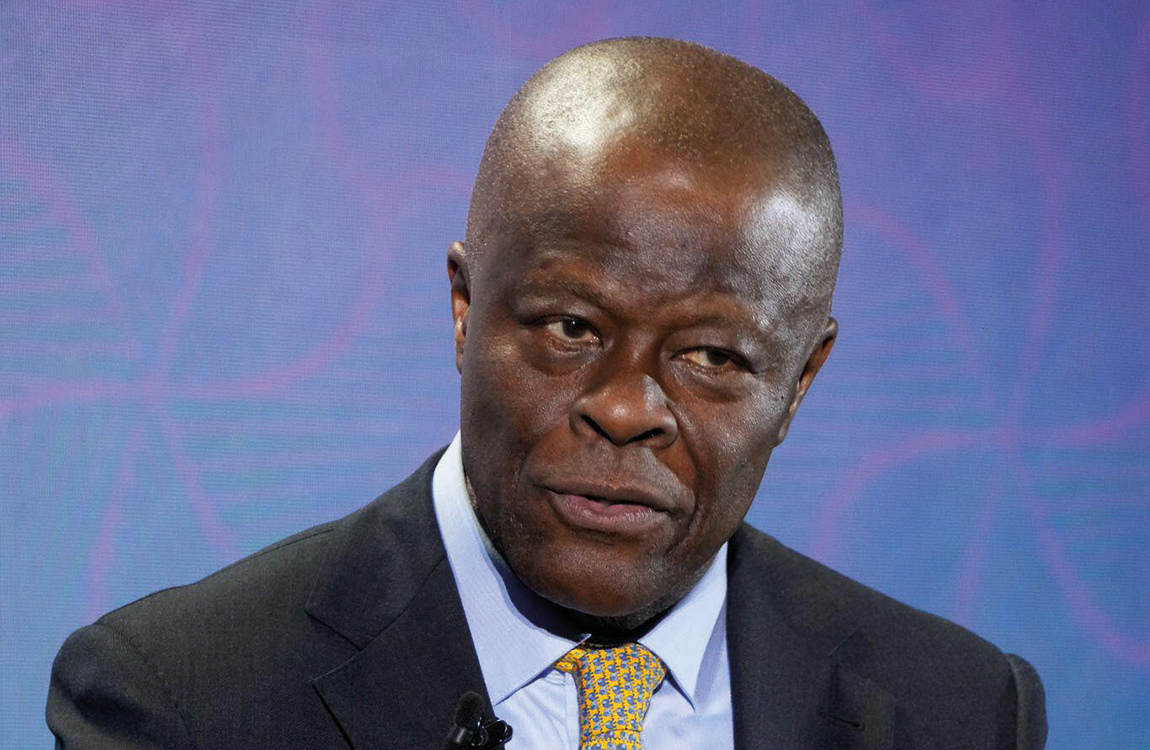Air Canada Set For A Major Labor Showdown In 2025 As Flight Attendants Prepare To Take Bold Action Demanding Fair Wages And Compensation For Unpaid Work That Has Gone Unaddressed For Years - Travel And Tour World
Tuesday, May 20, 2025

In 2025, Air Canada is facing the looming threat of a major labor dispute as over 10,000 flight attendants prepare for a historic strike, demanding fair wages and compensation for unpaid work. Represented by the Canadian Union of Public Employees (CUPE), the flight attendants have been grappling with stagnant pay and increased responsibilities that have gone unrecognized for years. The current contract, signed in 2015, has failed to address the rising cost of living and the expanding duties flight attendants are expected to perform without additional pay. With negotiations stalled and the union entering formal conciliation with the federal government, a strike could become inevitable as early as August 2025. This looming labor crisis threatens to disrupt thousands of flights, creating widespread uncertainty for travelers, as Air Canada faces mounting pressure to resolve the dispute before the summer travel season kicks off.
Air Canada (AC) flight attendants are on the brink of striking in 2025, as contract negotiations with the airline have stalled. Represented by the Air Canada Component of the Canadian Union of Public Employees (CUPE), over 10,000 flight attendants are voicing concerns over low wages and unpaid work, both of which have become key issues in the ongoing labor dispute.
The union has entered into a conciliation process with the federal government, which could set the stage for a strike as early as August 2025 if no agreement is reached. According to the union, entry-level flight attendants earn just CAD 1,951.30 per month—an amount deemed insufficient to cover living expenses in cities like Toronto (YYZ) and Vancouver (YVR), where the cost of living is high.
The conflict between Air Canada and its flight attendants began in May, when contract negotiations broke down. Flight attendants have argued that current wages are not sustainable in today’s economy, with entry-level positions offering wages that barely cover basic living costs.
The union has highlighted the fact that full-time, entry-level flight attendants earn approximately CAD 1,951.30 a month, a figure they say is far below what is required to live comfortably in major Canadian cities. CUPE asserts that this wage is not only insufficient but also fails to account for the increased cost of living over the past decade.
The current labor contract, which was signed in 2015, is considered outdated by union officials. Since then, flight attendants have absorbed additional duties without corresponding pay raises. Essential tasks like safety checks and pre-flight preparation are carried out without compensation, leaving the union to argue that workers are unfairly burdened with additional responsibilities.
To avoid a strike, the union and Air Canada have entered a formal conciliation process overseen by the federal Minister of Labour. This process is designed to encourage dialogue and prevent industrial action, but if negotiations do not lead to an agreement, the following timeline will apply:
This means that early August 2025 is the earliest point at which legal strike action could occur if no deal is struck between the airline and the union.
Union officials have underscored that the outdated contract has led to increased workloads for flight attendants without fair compensation. While the airline has asked its flight attendants to take on more duties over the years, the union claims that many of these tasks—such as safety checks, flight preparation, and other essential duties—are not compensated for in the current contract.
This is one of the central grievances in the ongoing negotiations. CUPE asserts that these unpaid duties are not only unfair but also unsustainable, given the growing demands placed on flight attendants in an evolving industry.
If the dispute escalates into a strike during the peak summer travel season, it could have serious repercussions for both Air Canada and its passengers. The airline operates major hubs at Toronto Pearson (YYZ), Vancouver (YVR), and Calgary (YYC), meaning that any labor stoppage could lead to widespread flight cancellations and delays. This would affect thousands of travelers nationwide, causing disruptions to itineraries, rebookings, and customer service.
The timing of a potential strike—during the high-demand summer travel months—would put additional pressure on rival airlines like WestJet (WS), which could see an influx of passengers seeking alternative flights. The increased demand for rebooking services and customer support would further strain Air Canada’s resources.
Although the airline has not yet released an official statement regarding contingency plans, the union has warned travelers to brace for possible disruptions if no agreement is reached.
As the possibility of a strike looms, Air Canada faces mounting pressure to resolve the issue before it disrupts operations. With the summer travel season fast approaching, the airline is under the microscope, balancing cost concerns with the rising demands for fairer compensation and improved working conditions from its flight attendants.
CUPE represents about 18,500 flight attendants across Canada, and the dispute is becoming a focal point for labor relations in the aviation sector. The union has emphasized the importance of addressing not only wages but also working conditions, including recognition for unpaid labor. Flight attendants are seeking a contract that better reflects their contributions and provides adequate compensation for the tasks they perform.
Air Canada is on the brink of a major labor crisis in 2025, with over 10,000 flight attendants preparing for a historic strike over unfair wages and uncompensated work. As contract negotiations falter, the airline faces the possibility of widespread disruptions that could cripple its operations and impact thousands of travelers.
The Air Canada labor dispute is an ongoing saga, with flight attendants advocating for fairer wages and improved working conditions. The airline is under increasing pressure to resolve the issue before a strike takes place, especially given the timing of the dispute during the busy summer season. Whether or not a strike occurs will depend on the outcome of the conciliation process and the ability of both parties to reach a resolution. If a strike does go ahead, it would have significant implications for both the airline and the traveling public.










.jpg)
